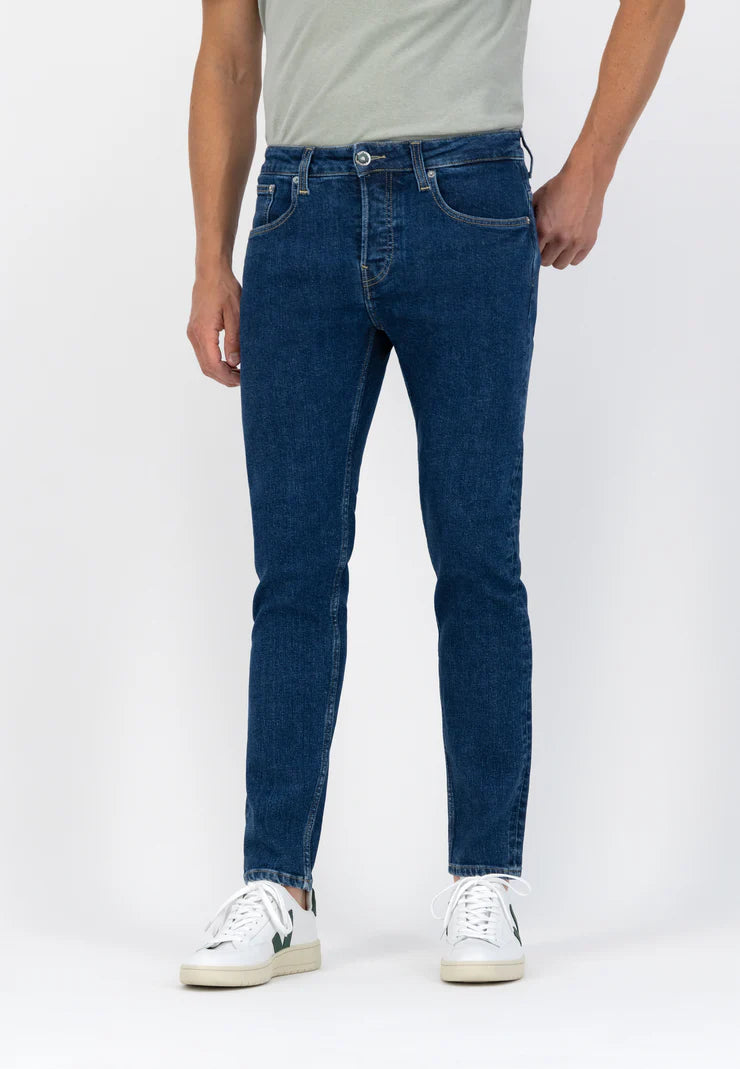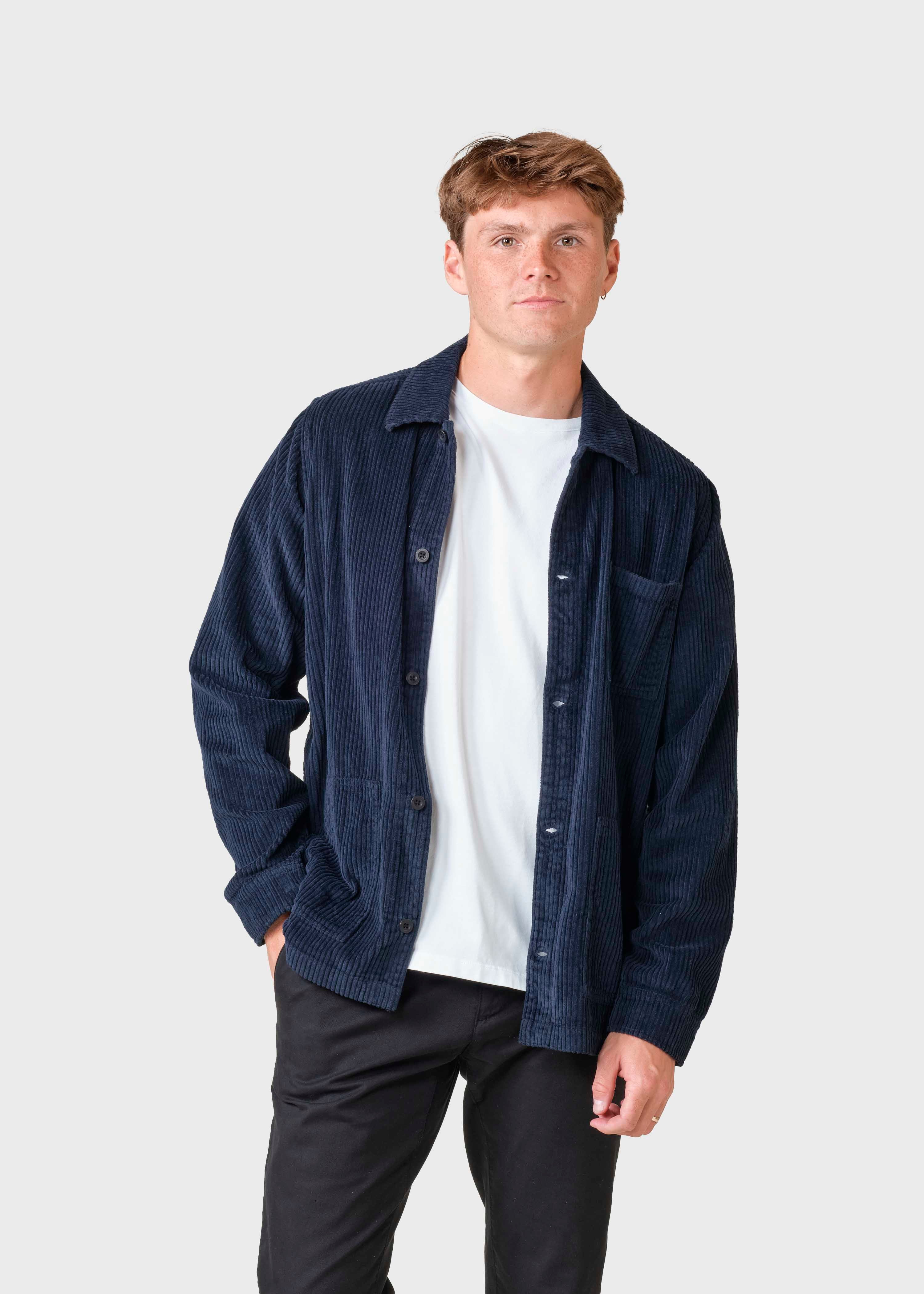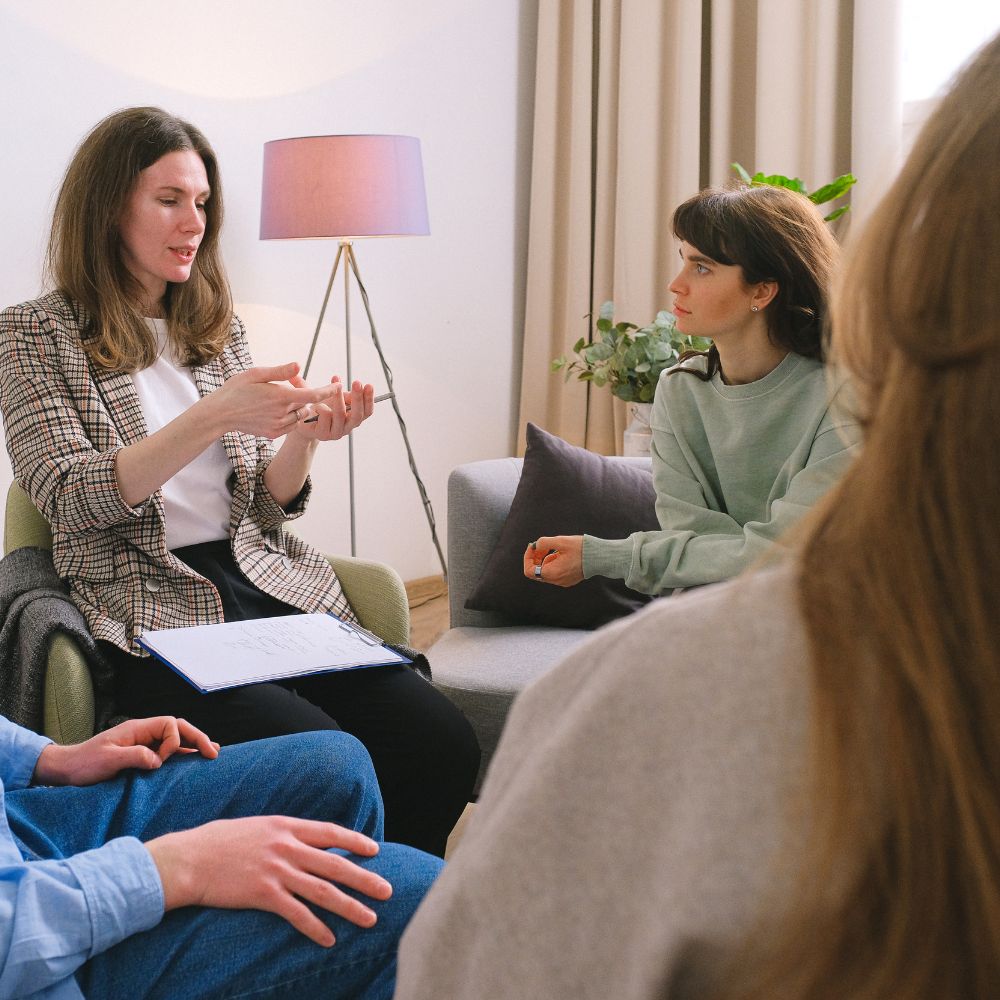Every year, new words make their way into the French dictionary, reflecting a society with changing concerns and habits.
The term eco-anxiety was first mentioned in 1997 by a public health researcher, but it was only about twenty years later that the word truly became popular.
Maybe because the announced climate changes are no longer confined to scientific reports, but have indeed entered our daily lives?
So, what is eco-anxiety and how can we live with it on a daily basis?
What is eco-anxiety?
A contraction of the words “ecology” and “anxiety,” eco-anxiety is a form of distress related to climate change.
It manifests itself as fear for the future, anger at the news or certain disrespectful behaviors towards the planet, a sense of helplessness, or even guilt over ordinary daily actions.
Although eco-anxiety is not officially considered a mental illness, more and more psychotherapists and psychologists are specializing in it to respond to the increasing number of questions from their patients about this issue.
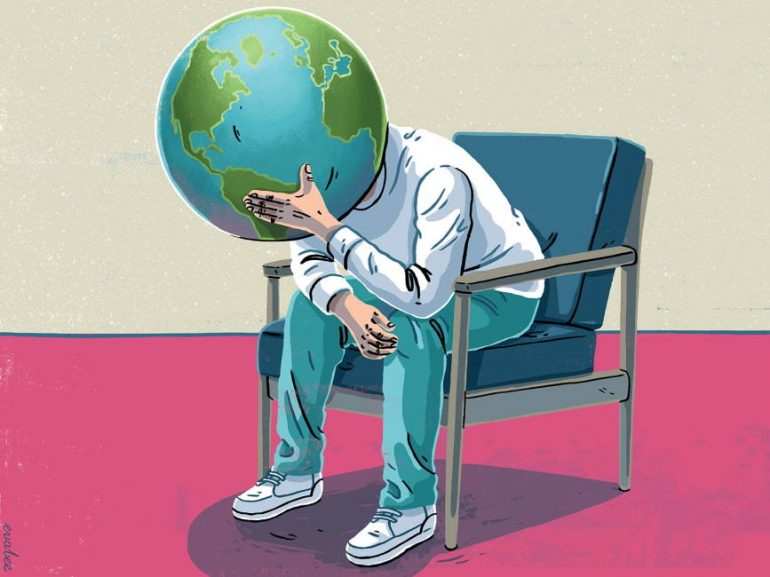
The importance of collective action in the ecological fight
By putting a name to these fears, we recognize it as a collective malaise, shared by one in two Swiss people (according to a study conducted by the Swiss Federal Statistical Office in 2019) to varying degrees of intensity.
The fact that this issue affects half of the population shows that the number of people aware of environmental concerns is growing.
And that’s good news!
The more people are aware, the more likely we are to drive positive change for the environment.
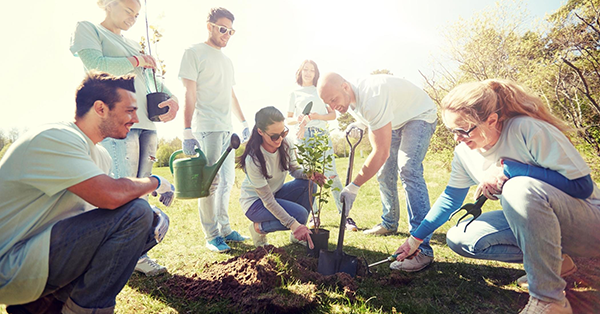
How to live with eco-anxiety?
Taking action is the best remedy against eco-anxiety.
Of course, you won’t solve everything by yourself, but being active helps replace fear and anxiety with a sense of control.
Here are some ways you can act for the environment on your scale:
1. Change your consumption habits and prioritize solutions that align with your values.
For example, choose a bank that does not finance polluting projects, switch to a greener energy supplier based on renewable energy, eat less meat, buy more local products with less packaging…Boycott fast fashion and favor second-hand and ethical fashion (with Clother of course 😉).
2. Use what you already own for as long as possible, by fighting planned obsolescence, repairing items, and choosing quality over quantity.
3. Even if you have the budget to buy new, check if a second-hand or refurbished alternative is available for what you need. You will save money and may have the budget to buy new items that are more ethical and of better quality!
4. Get actively involved in environmental projects by participating in awareness campaigns, shared gardens, repair cafés (if you enjoy tinkering), or any association working for a better world. You will feel useful and surrounded by people who share your values and fight for a better future.
5. Don’t give up! Even if you are not perfect, your efforts are not in vain. Keep going on this path! (Heart-with-hands emoji)
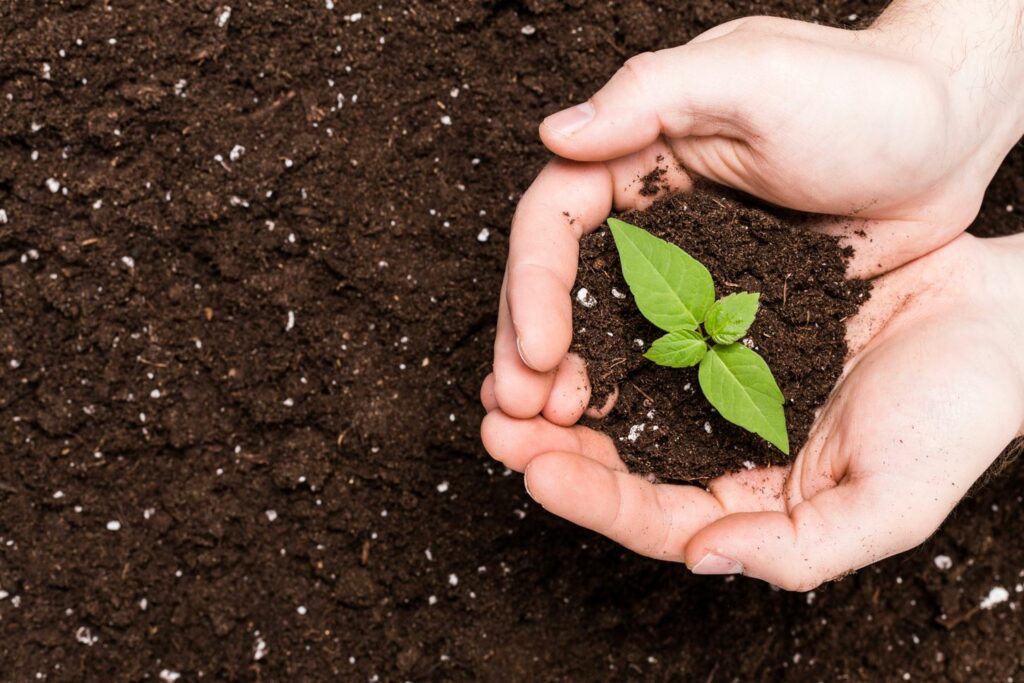
Good to know:
At Clother, we only select brands that respect the environment and people, and offer clothing designed to last!
If the burden of eco-anxiety becomes too heavy in your daily life, we of course recommend talking to a healthcare professional.

